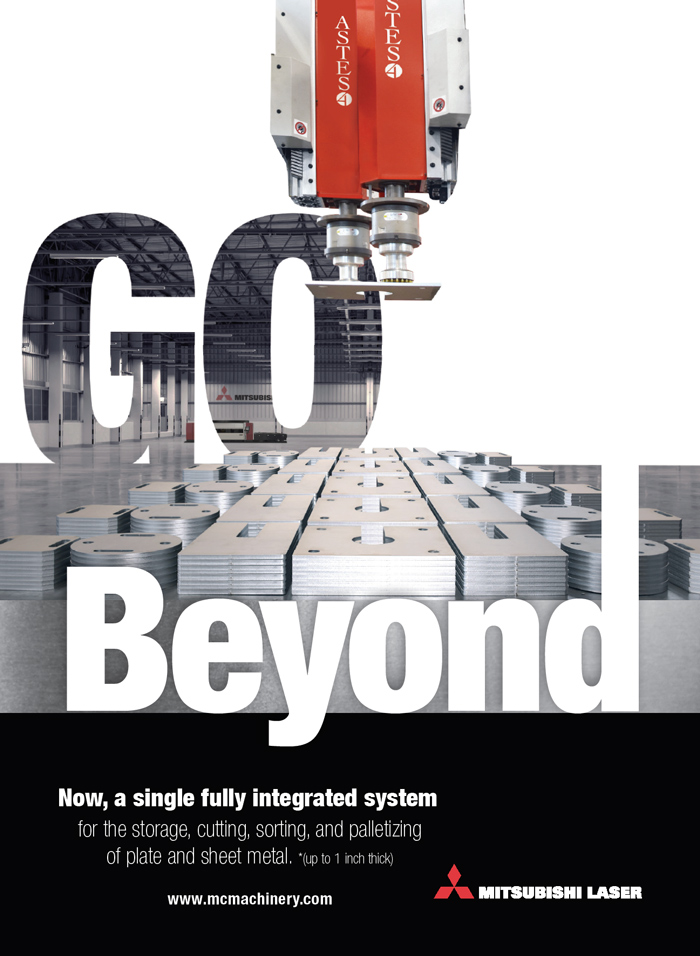
newly seated Congress, a changing of the guard within the Congressional Steel Caucus and the long-delayed political effort to finance nationwide infrastructure modernization are among the top-of-mind topics for the new president and CEO of the American Iron and Steel Institute.
“We are excited about the opportunities that a new Congress and administration present,” says Kevin Dempsey, who succeeded Thomas Gibson in the role. Dempsey had served as AISI’s senior vice president for public policy and general counsel since 2009.
“There are big challenges for the country, like beating COVID, before getting the economy running. The steel industry has supported in every way possible [any chance] to be part of the solution in beating COVID.”
Last month, Rep. Frank Mrvan (D-Indiana) was selected to serve as a co-chairman of the Congressional Steel Caucus. He replaces retired Rep. Pete Visclosky (D-Indiana), who served the caucus for many years. Caucus leadership includes Co-Chairman Rep. Conor Lamb (D-Pennsylvania) and Co-Vice-Chairmen Reps. Mike Bost (R-Illinois) and Rick Crawford (R-Arkansas).
During 2020, says Dempsey, “The Steel Caucus was very effective. Members made the case on keeping the Section 232 tariffs in place.” In effect since June 2018, a 25 percent tariff on steel imports and a 10 percent tariff on aluminum imports were meant to level the playing field for domestic producers, which were battling unfair foreign competition.
“When the coronavirus pandemic hit, a lot of emergency measures were done to delay the payment of taxes. Import groups wanted to delay payments of tariffs. They tried to use that chaos to weaken the steel tariff regime,” Dempsey says. But the Steel Caucus “spoke up loudly and clearly. They got Customs and Border Protection to back down from those ideas, and to keep a strong tariff regime.”
Dempsey credits the caucus with pushing for reauthorization of a national highway bill and other long-term, well-funded infrastructure improvements. If Made in the USA provisions are included, these projects will stimulate steel demand.
A 2020 reauthorization bill that passed in the House stalled in the Senate. “It’s hard in an election year; it didn’t get over the finish line.” Dempsey notes that the Steel Caucus “is one of the few areas where bipartisanship has not broken down. I am optimistic the new caucus will continue in that tradition.”
The 117th Congress may be open to hearing about how the domestic steel industry will continue to seek a healthy balance between economics and environment. “More education will be done on climate issues,” particularly on ways to reduce carbon dioxide emissions, Dempsey says. “American-made steel is the cleanest in the world, and we are part of the solution. Steel is critical to renewable energy and building pipelines for natural gas. We want to make sure climate policy promotes rather than penalizes the steel industry.”
Producing steel with less CO2 “makes good business sense and helps customers who want to be sustainable,” Dempsey says.

